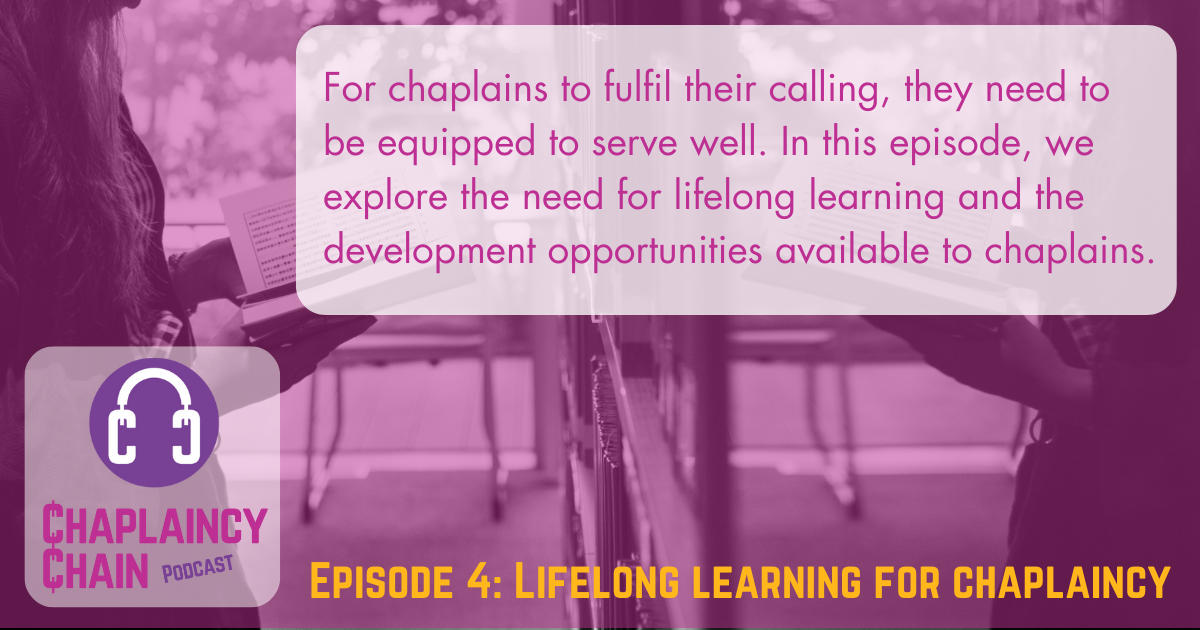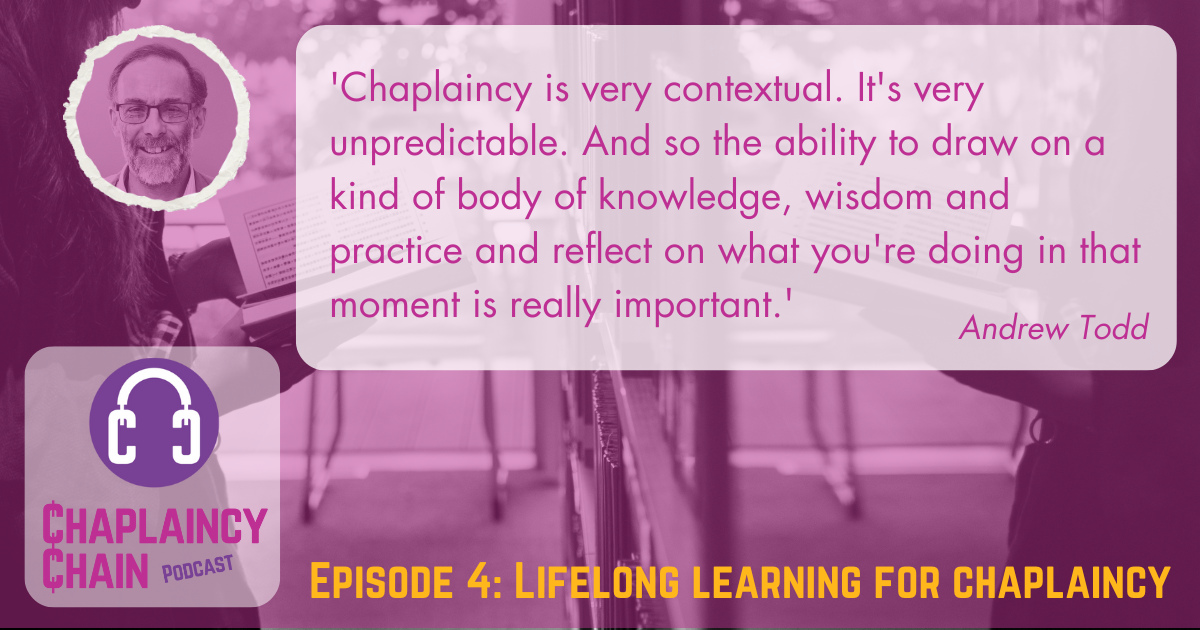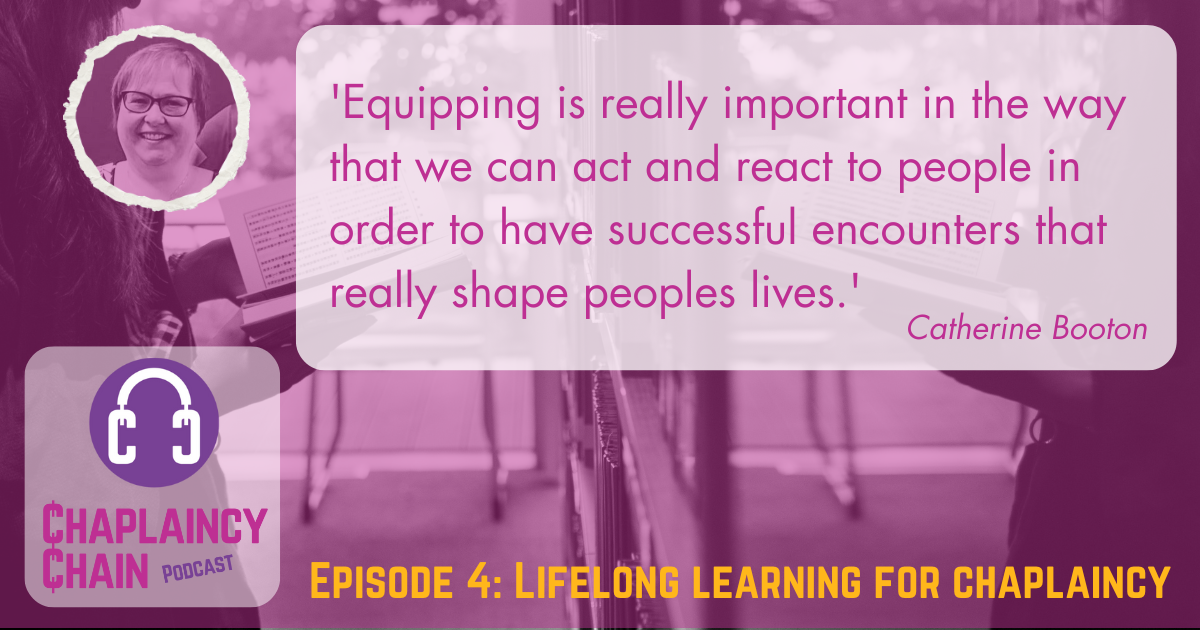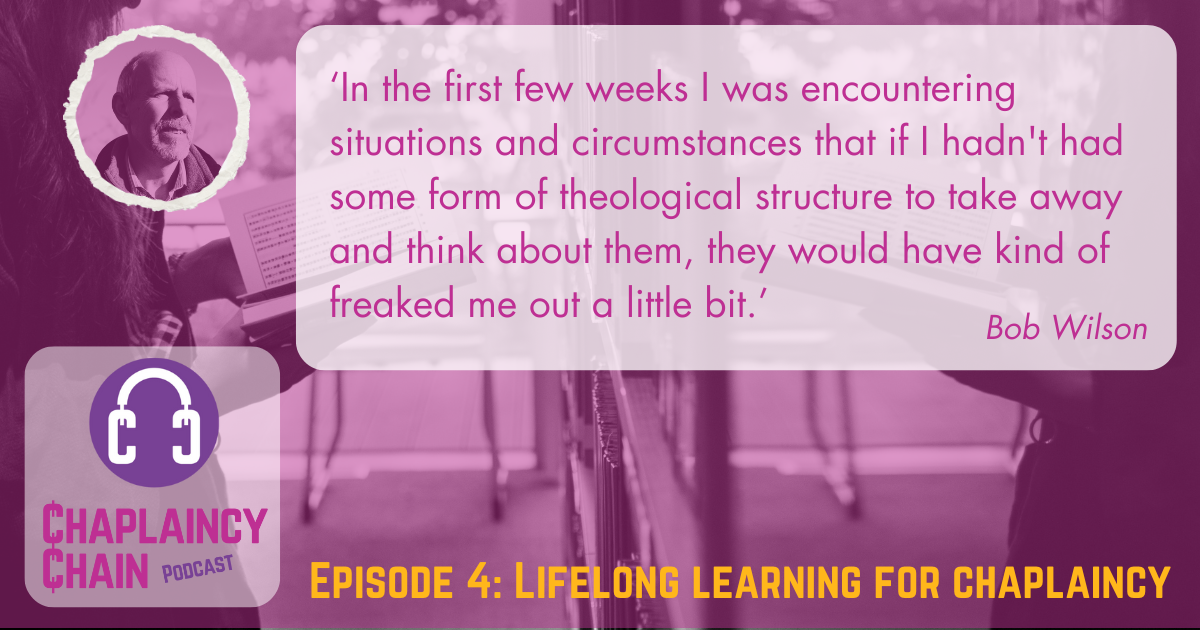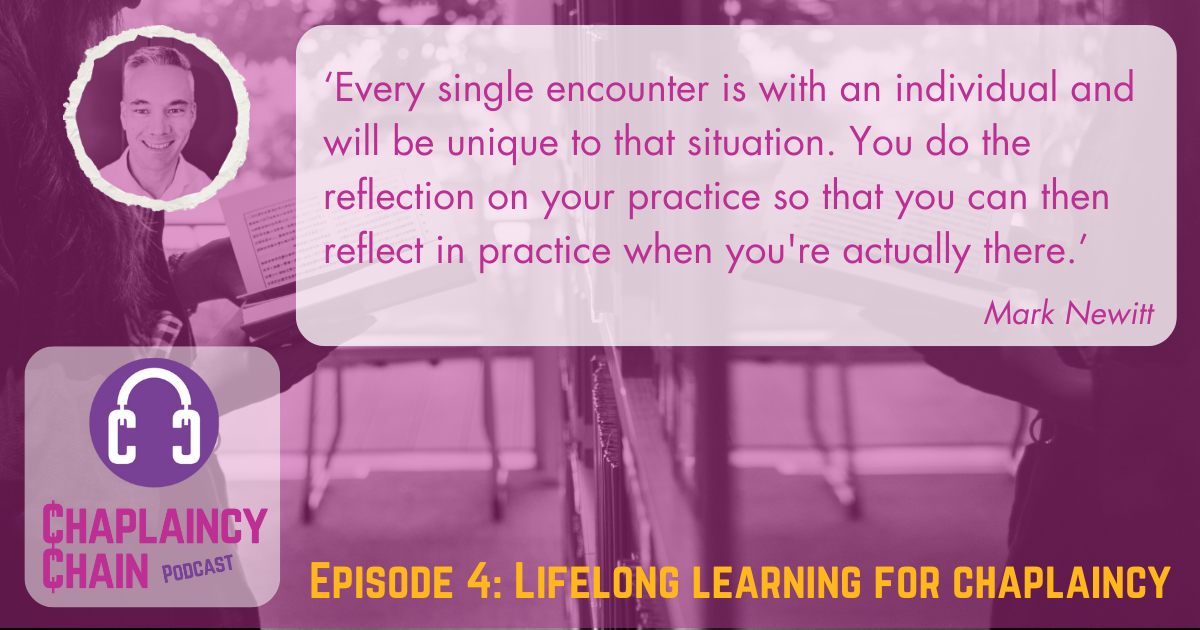For chaplains to fulfil their calling, they need to be equipped to serve well. In this episode, we explore the need for lifelong learning and the development opportunities available to chaplains.
Listen
The Guests
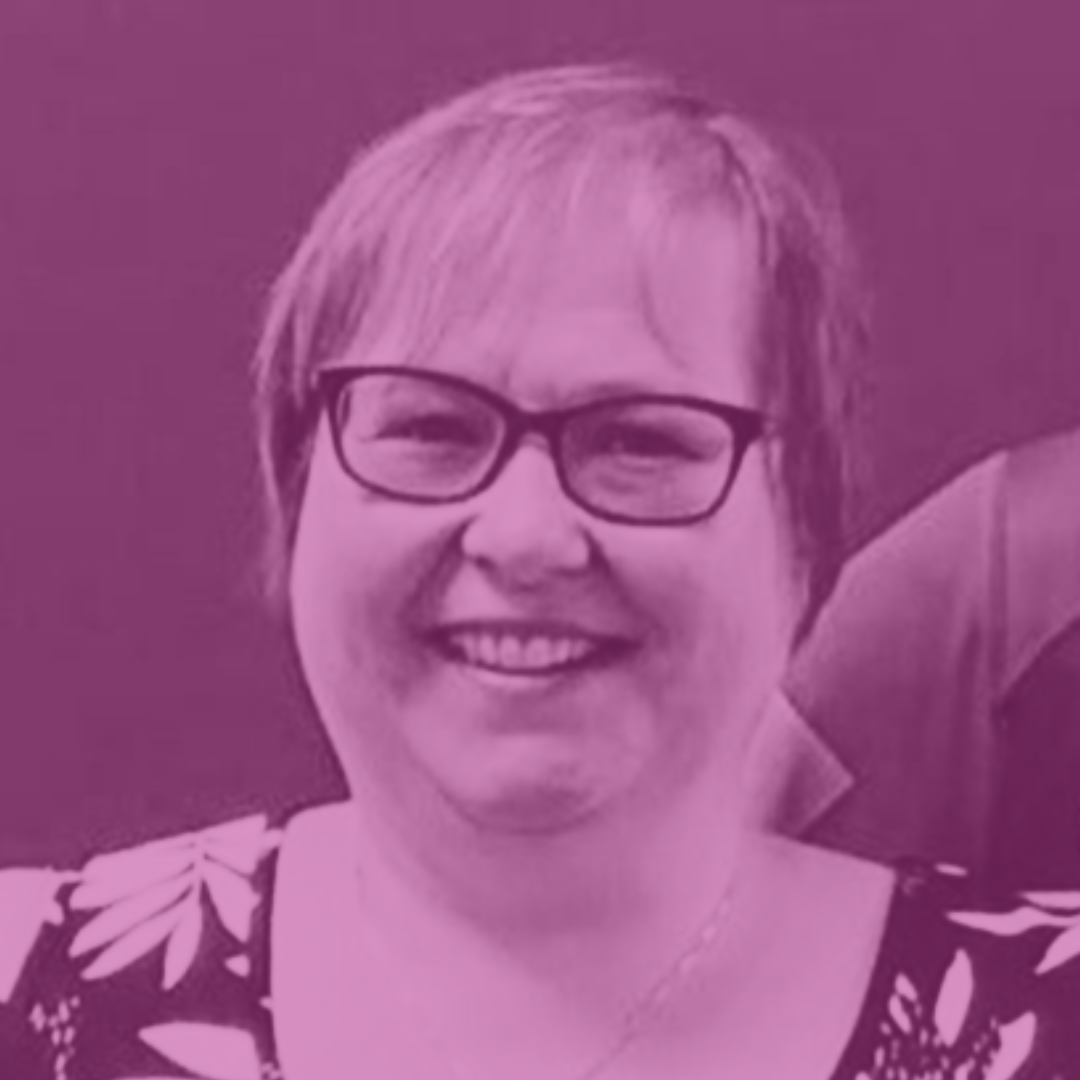
Catherine Booton
Rev Catherine Booton is Learning and Development manager for the Congregational Federation. This role includes being Director of Studies for the FD in Practical Theology course offered by the CF, as well as overseeing opportunities for CMD for those in leadership within the CF, providing short course for churches and other development opportunities. She is a passionate advocate for learning within churches and amongst people of all ages and with many different Christian callings.
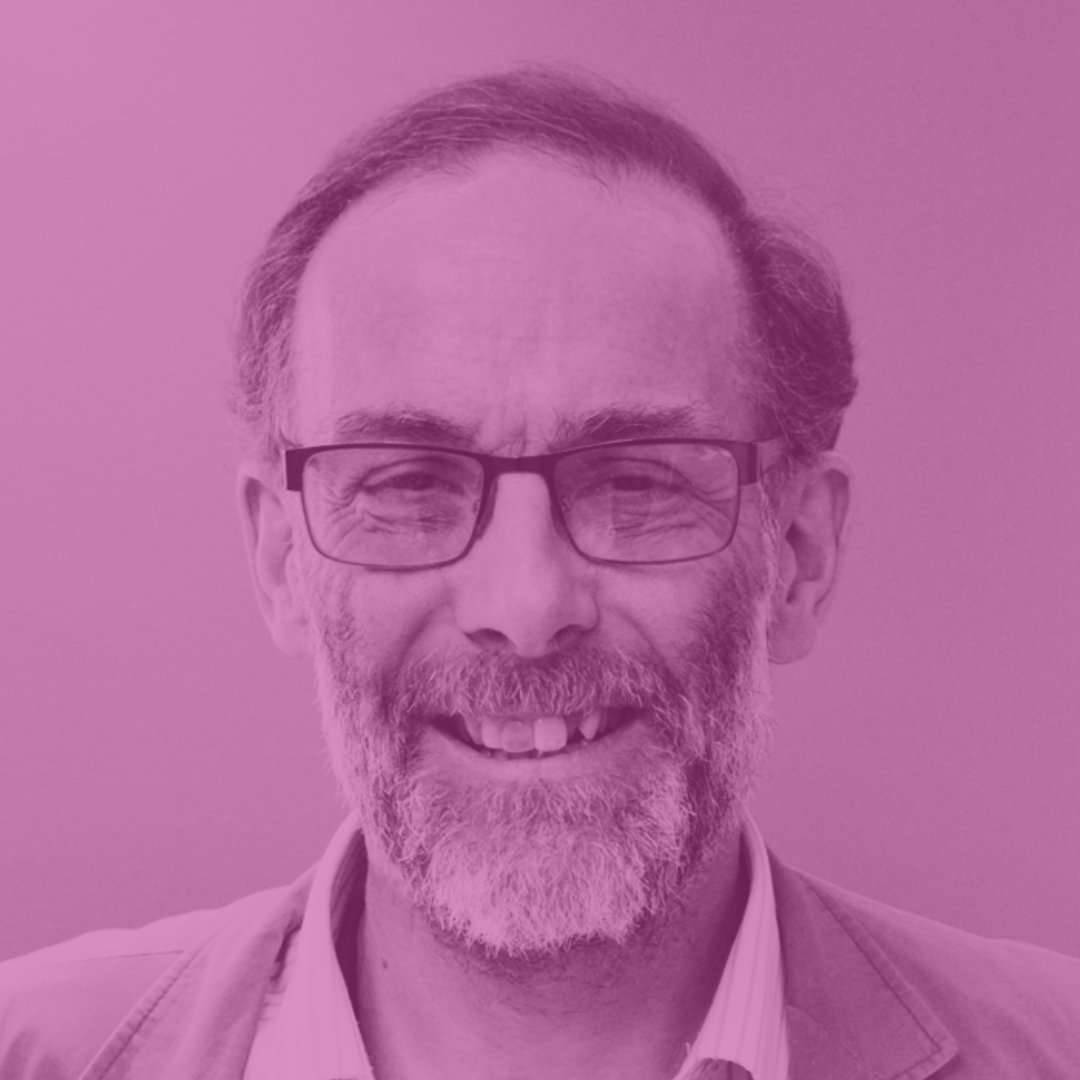
Andrew Todd
The Rev Dr Andrew Todd is a practical theologian and ethnographer, who directs the Professional Doctorate in Practical Theology at Anglia Ruskin University. He has been involved in chaplaincy education, development and research since 2006 and previously ran the Cardiff Centre for Chaplaincy Studies.
Conversation Snippets
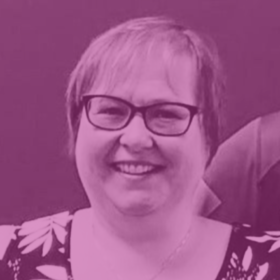
Cathernie Booton
‘I think it’s really important for people to feel that they are equipped for the role that they’re undertaking, and I think that, often, that can be gained through training through being part of a cohort through learning together and through finding out what God’s really calling you to do.’
‘Equipping is really important in the way that we can act and react to people in order to have successful encounters that really shape peoples lives.’
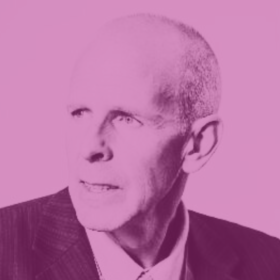
Bob Wilson
‘I remember when I first came into prison chaplaincy how different it was from what I was doing as a Baptist minister and you know, in the first few weeks I was encountering situations and circumstances that if I hadn’t had some form of theological structure to take away and think about them, they would have kind of freaked me out a little bit.’
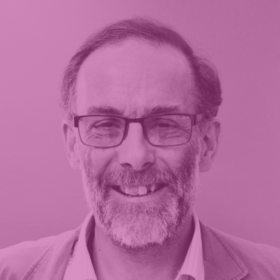
Andrew Todd
‘Chaplaincy is very contextual. It’s very unpredictable. And so the ability to draw on a kind of body of knowledge, wisdom and practice and reflect on what you’re doing in that moment is really important.’
‘I think the location of chaplaincy is key to understanding what training is appropriate. The fact that it sits in a sense between faith and belief communities and secular organisations and communities and works across and between those. So in a sense, the reflection enables you to do that, but there are various other ways of reading organisations, for instance, that are really helpful and that are not always included historically in things like ordination training.’
‘Supervised practice, so that employers will have confidence if they know that somebody has done a number of hours of supervised practice in which they’ve been reflecting with their supervisor on what they’re doing, building up the capabilities and competencies.’
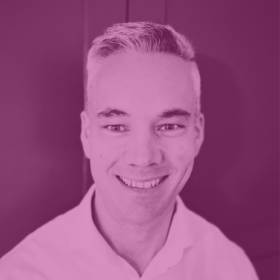
Mark Newitt
‘We want chaplains to be safe in their practice. They’re often working with vulnerable people, but they also need to be creative. Every single encounter is with an individual and will be unique to that situation. You do the reflection on your practice so that you can then reflect in practice when you’re actually there.’
‘Employers want to know that this person is a safe pair of hands, that they have got the skills that they are looking for and and that will be context specific.’
Help promote this episode
Help raise the profile of chaplaincy by promoting The Chaplaincy Chain Podcast. You might like to use some of these images in social media posts. You should be able to download and save them by right clicking on the image you would like to use. We really do appreciate any support in telling others!


